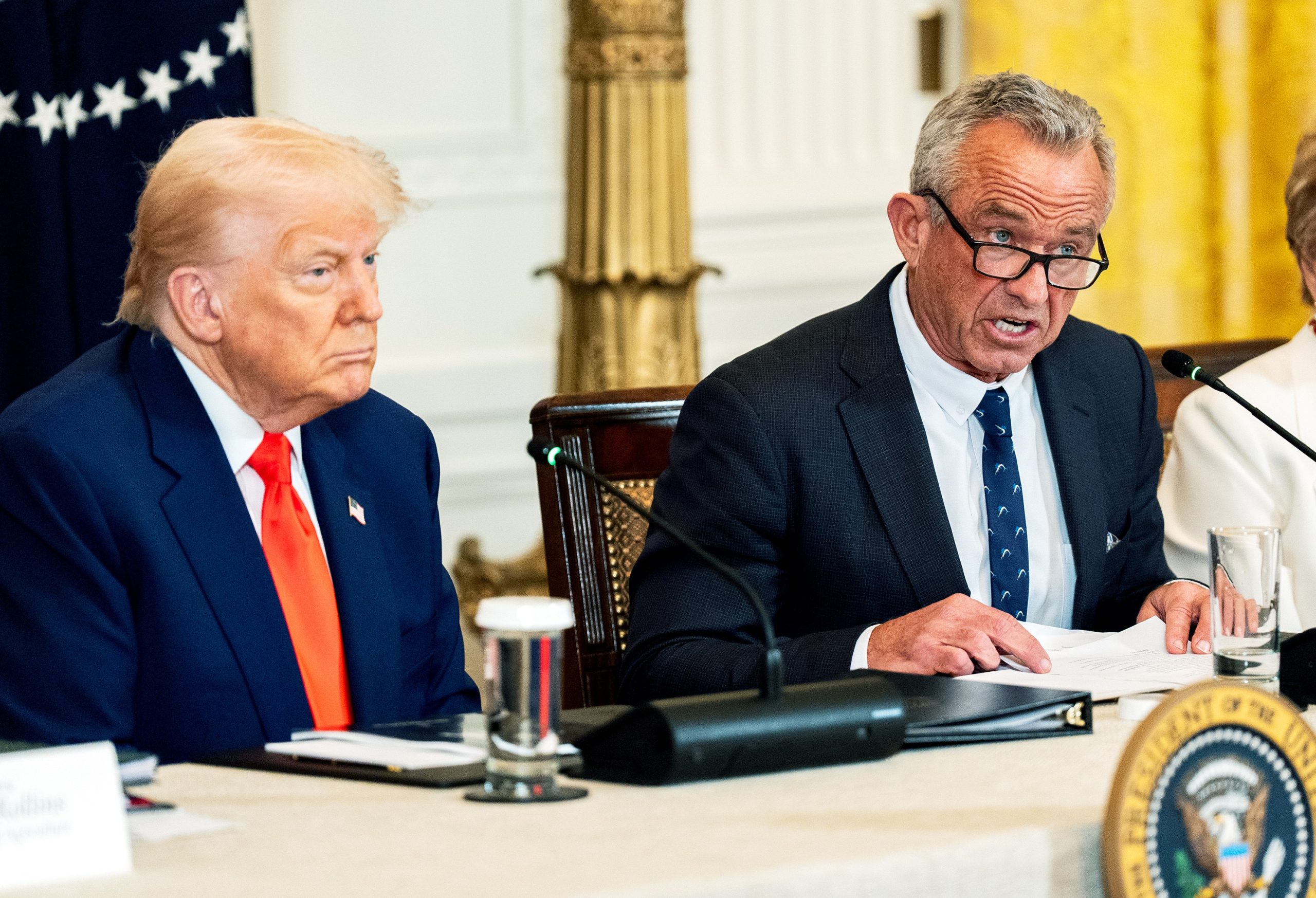The White House says a “formatting issue” was behind the citation errors. | Image: Demetrius Freeman / Getty Images
There are some questionable sources underpinning Robert F. Kennedy Jr.’s controversial “Make America Healthy Again” commission report. Signs point to AI tomfoolery, and the use of ChatGPT specifically, which calls into question the veracity of the White House report meant to address reasons for the decline in US life expectancy.
An investigation by NOTUS found dozens of errors in the MAHA report, including broken links, wrong issue numbers, and missing or incorrect authors. Some studies were misstated to back up the report’s conclusions, or more damningly, didn’t exist at all. At least seven of the cited sources were entirely fictitious, according to NOTUS.
Another investigation by The Washington Post found that at least 37 of the 522 citations appeared multiple times throughout the report. Notably, the URLs of several references included “oaicite,” a marker that OpenAI applies to responses provided by artificial intelligence models like ChatGPT, which strongly suggests its use to develop the report
Generative AI tools have a tendency to spit out false or incorrect information, known as “hallucinations.” That would certainly explain the various errors throughout the report — chatbots have been found responsible for similar citation issues in legal filings submitted by AI experts and even the companies building the models. Nevertheless, RFK Jr has long advocated for the “AI Revolution,” and announced during a House Committee meeting in May that “we are already using these new technologies to manage health care data more efficiently and securely.”
In a briefing on Thursday, press secretary Karoline Leavitt responded to concerns about the accuracy of the citations while evading any mention of AI tools. Leavitt described the errors as “formatting issues” and defended the health report for being “backed on good science that has never been recognized by the federal government.”
The Washington Post notes that the MAHA report file was updated on Thursday to remove some of the oaicite markers and replace some of the non-existent sources with alternative citations. In a statement given to the publication, Department of Health and Human Services spokesman Andrew Nixon said “minor citation and formatting errors have been corrected, but the substance of the MAHA report remains the same — a historic and transformative assessment by the federal government to understand the chronic disease epidemic afflicting our nation’s children.”

